What actions could your weekly revenue meeting expose?
What actions could your weekly revenue meeting expose?
Following on from last weeks blog which talked about the main KPI's your weekly revenue meeting should include, I thought that it would be an idea to discuss some of the action points your measurements might trigger. After all, there is no point in having your revenue system or some poor person in your team, pulling off dozens off reports to track how you are performing if you are not actually taking some actions when you have the data in front of you.Before we start, one of my key objectives when I speak to hotels is to ensure that they understand that decisions MUST be based on knowledge and not feelings. This knowledge may come from your revenue system or someone spending time manually pulling reports but whatever way you do things, you absolutely MUST use the data effectively.The second thing that every good hotelier should know is that we should all know the value of saying 'no' to business and be able to defend our reasons for that. Remember that not all business is good business and unless you are tracking - not 'big data' but 'significant data' then you are very probably making mistakes and costly ones at that.Last week I asked you to review historical trends and for me that is important as we should always evaluate the past week or month to see if there were lessons we could have learned from that. Okay, we can't go back and fix things and there is no use crying over spilt milk but did we do something great that we can repeat or did we do something wrong that we can learn from?Take tracking our competitors for example, if your revenue system isn't doing this for you then get tracking on excel and then use the data. Just an example:
| My Hotel | 01-Nov | 02-Nov | 03-Nov | 04-Nov | 05-Nov |
| 01-Nov | 95 | 95 | 105 | 105 | 210 |
| 02-Nov | 95 | 115 | 115 | 210 | |
| 03-Nov | 115 | 120 | 220 | ||
| 04-Nov | 145 | Closed | |||
| 05-Nov | 220 |
| Competitor 1 | 01-Nov | 02-Nov | 03-Nov | 04-Nov | 05-Nov |
| 01-Nov | 90 | 90 | 90 | 90 | 180 |
| 02-Nov | 90 | 100 | 125 | 230 | |
| 03-Nov | 110 | 135 | 230 | ||
| 04-Nov | 145 | 230 | |||
| 05-Nov | 240 |
From this example and if you look at 4th/5th November, you will see that your competitors moved their rates much sooner than you did. You also closed 5th November too early and had to re-open as demand didn't materialise. They didn't and your competitor probably picked up more revenue than you did. Something to learn from?Now what about looking ahead to next week or next month? How are you performing against budget and against forecast?Let's use an example of reviewing what you need to do to make budget:
| Budget | £328,000.00 |
| BOB | £212,000.00 |
| PO Required | £116,000.00 |
| PO Required Rooms | 1320 |
| LRV | £87.88 |
Using the above metric will allow you to see how much business you need to pick-up to achieve your budget target i.e. £116,000. The budgeted rooms or estimated rooms still left to pick-up is 1320. This then translates into a Last Room Value of £87.88. So what decisions would that help you make? Wouldn't understanding this key metric help you understand which rates you should accept or what your minimum selling rate needs to be?As you know, I am all about controlling the OTA channels, so looking at your future business should always include a decision on the controls you need to make to third party channels. You need to identify 'trigger points' and that can be based on occupancy or rate but you should understand your point of control. This however also needs to take lead time into consideration. So for example: I am 5 days before arrival and I have 82% occupancy - close all OTA channels - leaving only my own brand website open for sale. In most hotels however, they take this one step further and will have their OTA channels split into bands (even two) so that they can close GDS and Band 1 earlier (this band might include high commission channels such as Expedia or maybe TripAdvisor) and Band 2 which perhaps includes Booking.com can be left open until a second trigger point is reached. Remember to always leave your own brand website open as long as possible as that will always be your lowest cost of sale and you should always try an encourage direct business.Through all of this you should have 3 goals:1 - Identify days of high demand and apply restrictions - for example: a room type restriction / channel restriction / segment restriction or a length of stay restriction2 - Identify days of low demand and apply flexible booking policies - ensure that rooms are open for sale on all channels / have less restrictive and more attractive rates /communicate need dates to sales and marketing3 - Identify shoulder dates - these may need some restrictions applied - perhaps closing GDS or expensive OTA channels or maybe apply length of stay restrictions such as 'stay through' over a weekend.Make your weekly revenue meeting work for you. Make sure that there are key actions taken away and that these actions are then measured so that impact can be understood. Please don't just glance at the figures for the sake of it - use them to make your business smarter and more profitable(for all things revenue, please just ask - ask@rightrevenue.wpengine.com)
